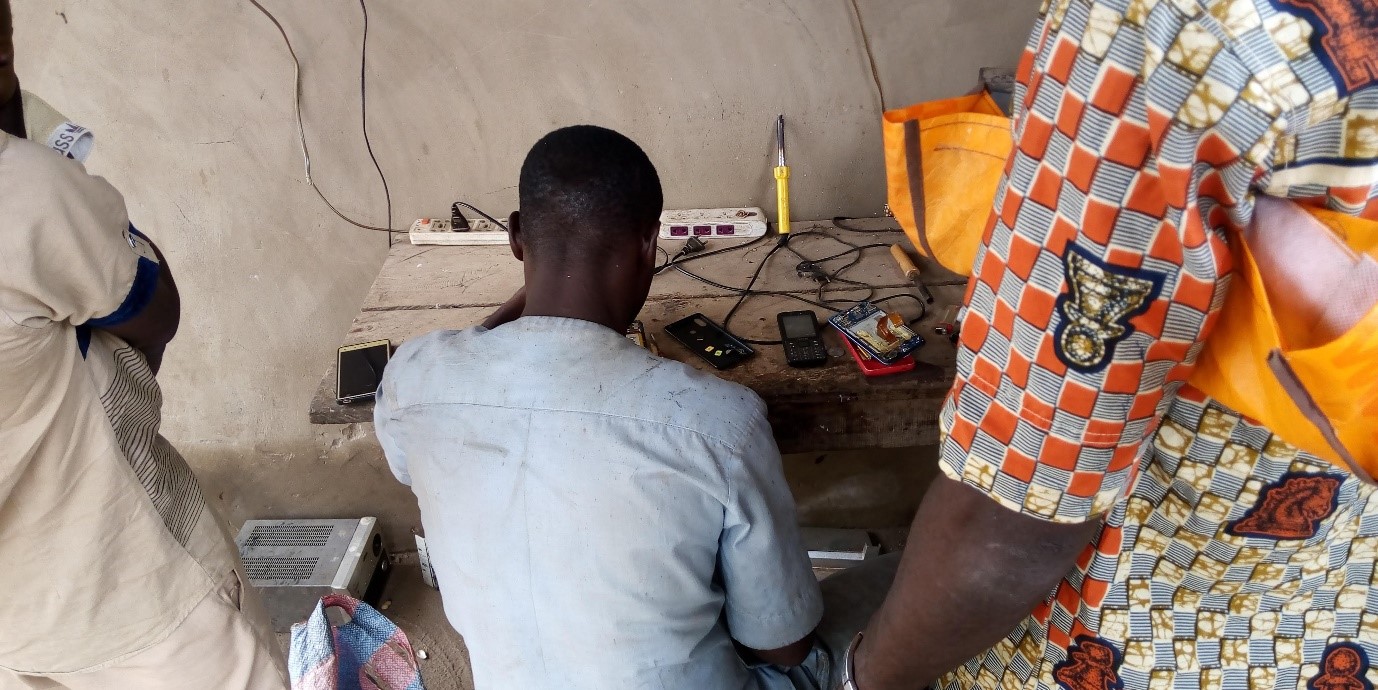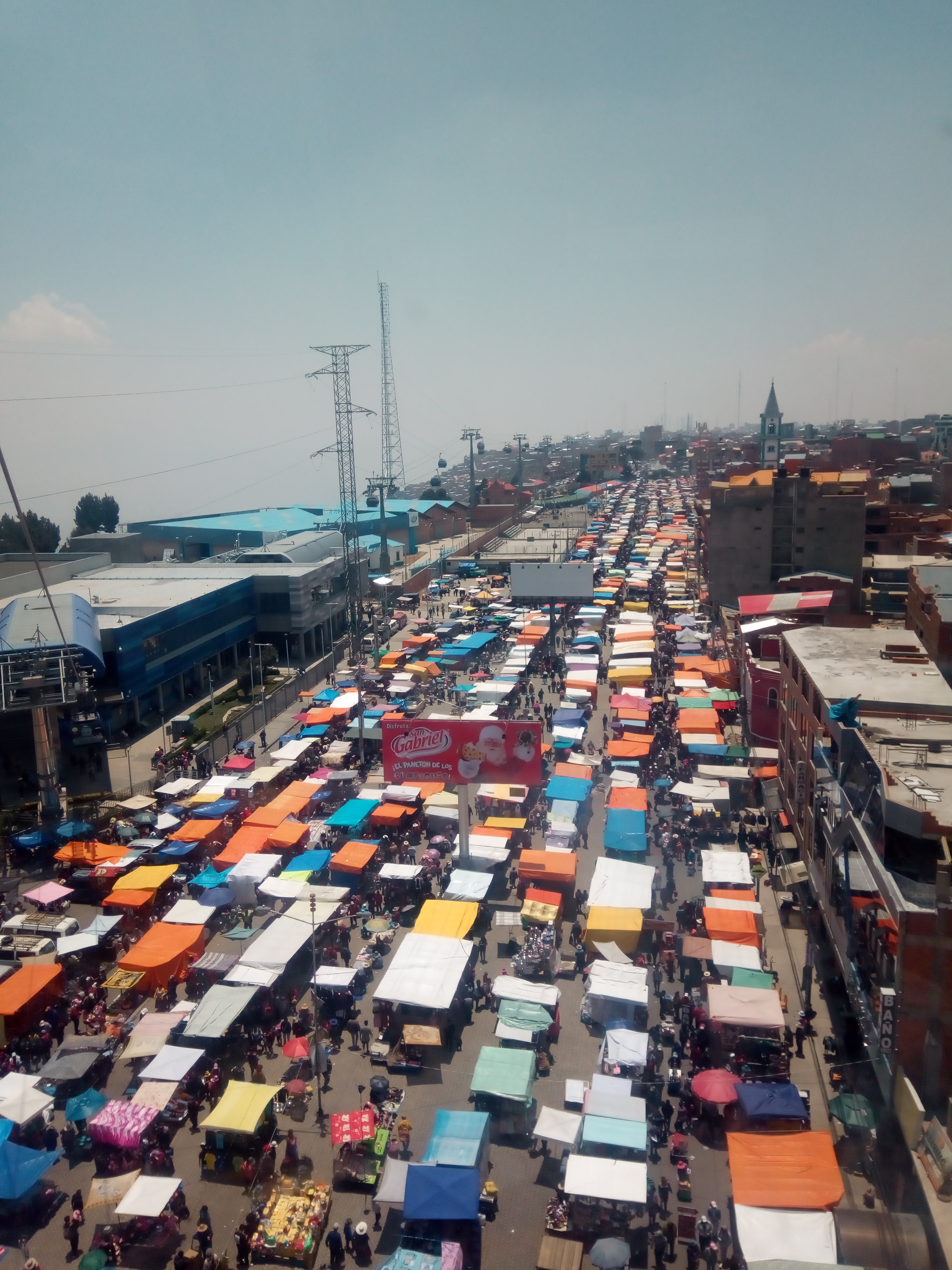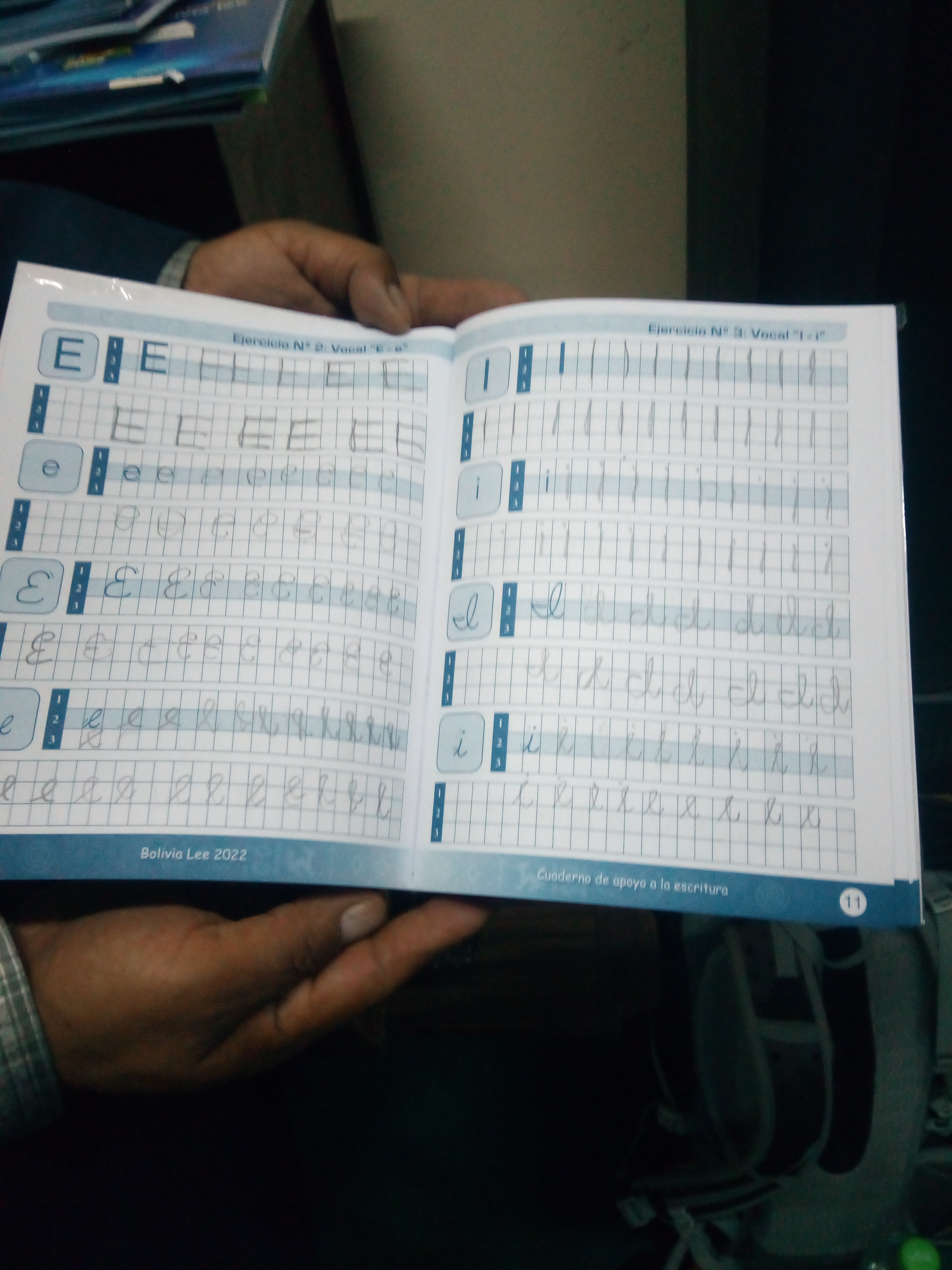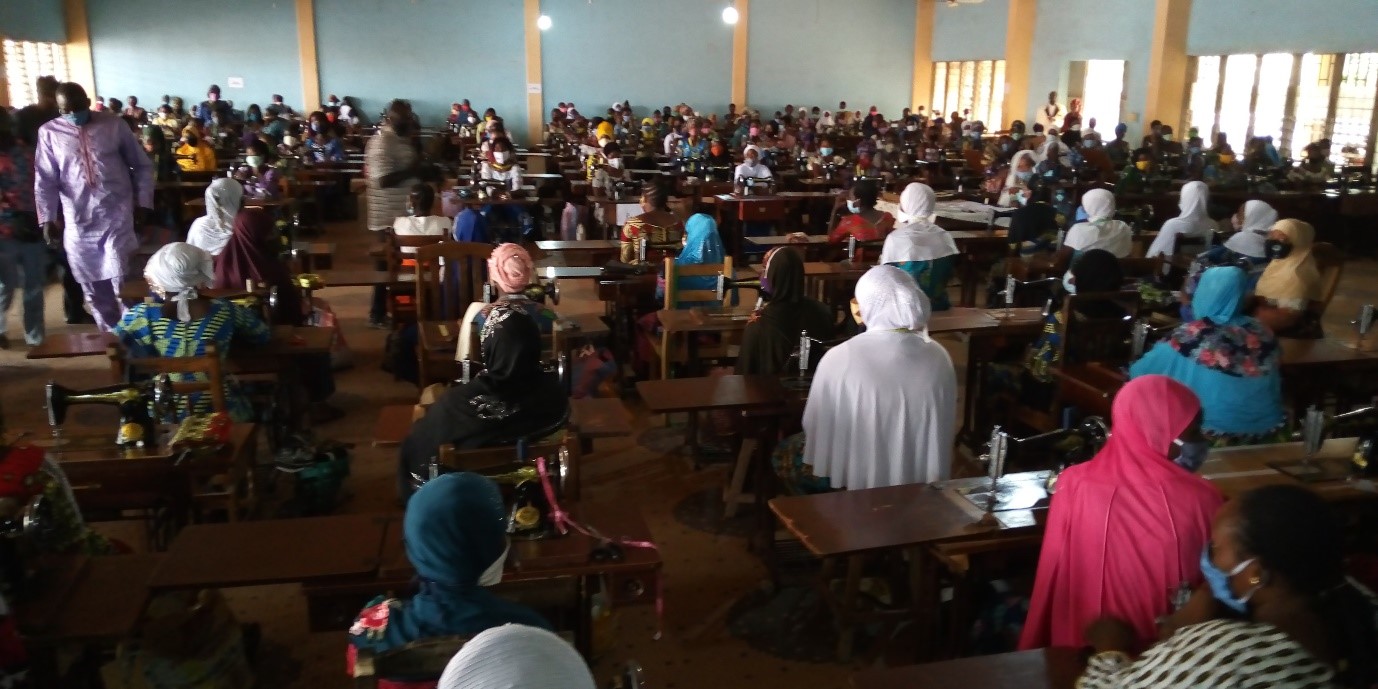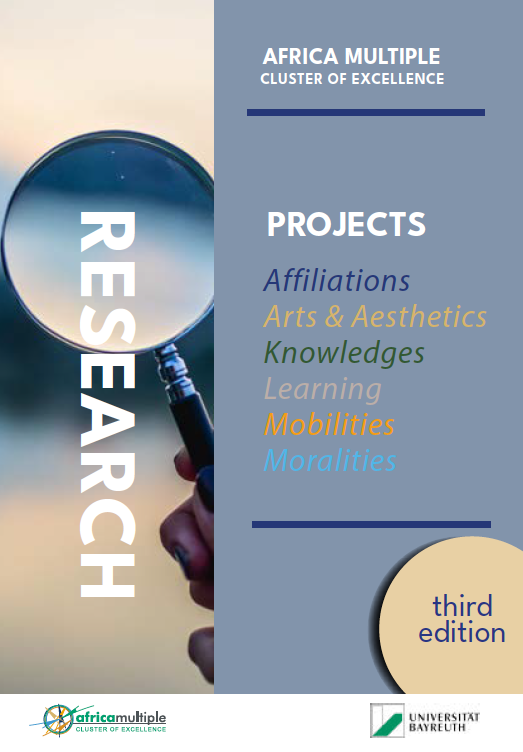Learning Beyond the Classroom: Coping with Illiteracy in Urban Literate Environments in Benin and Bolivia
-
Research Section: Learning
-
Project duration: 01.08.2019 - 31.12.2024
Summary
Few ideas have travelled around the globe as successfully as that literacy is a basic need, right and standard throughout the world. Today, people everywhere move through lifeworlds heavily shaped by written signs, even as new illiteracies constantly emerge amidst the apparent failure of ‘development through education’. Master narratives about illiteracy situate it as ‘historical’ or ‘traditional’: something that will become obsolete. In contrast, our project assumes that not having learnt to read and write at school can no longer be seen as ‘old’ or ‘other’. Instead, we see ‘new’ illiteracies as related to and constantly produced by ongoing global processes that mainstream western-oriented literacy through schooling. The project aims to test this assumption by studying the lifeworlds and processes for coping with illiteracy of urban adults in Benin, Bolivia and (much less extensively) Germany. We identify similarities and differences in our case studies but acknowledge that both countries are influenced by the same global processes of mainstreaming literacy. We aim to understand the multiple ways of non-school learning that help actors who have not learnt to read and write interact with the expectations of a world of literacy and chose these countries because they are striking examples of the deficiencies of globalised literacy discourses and practices on two continents
Key Questions
Our project addresses various research questions including:
- What are the biographies of persons (auto-)denominated as illiterate like?
- What have these persons learnt in and beyond school about a world that demands various competencies concerning literacy?
- How do forms of (il)literacy appear in everyday situations and are they made visible or invisible?
- How are forms of (il)literacy embedded in local discourses?
- Which processes of literacising and illiteracising can be reconstructed at both a personal and societal level?
- What role does (il)literacy play in the interactions between persons and state?
Methods and Concepts
Literacy and illiteracy should not be viewed as two binary oppositions in an essentialising way, a focus on processes promises to be much more fruitful. Therefore, we depart from the assumption that persons literacise and illiteracise themselves and are literacised and illiteracised. Literacising and illiteracising are deeply related towards one another in manifold and complex ways. It is exactly these manifold and complex ways which are at the centre of our research focus. We are interested in processes of (il)literacising on two interrelated levels: On the one hand, we focus on the biographies and everyday lives of individual actors – urban adults aged mainly between 20 and 50 who have attended school only very briefly and in any case no more than three years. These persons are designated by official statistics and/or themselves as illiterate or as having low literacy skills. On the other hand, we analyse the ongoing and constantly changing societal production and reproduction of (il)literacy in a world of globalised schooling and its related literacy standards. Our research sites include two metropolitan areas in the Global South – La Paz/El Alto in Bolivia and Parakou in Benin as well as (to a lesser degree) Nuremberg in Germany. This does not imply a cross-cultural study in the usual sense of the term. Rather, we aim at elucidating processes of (il)literacising via the use of multiple comparative horizons through Grounded Theory approaches and various instruments within intensive ethnographic fieldwork, which also provides a good basis for our inter- and transdisciplinary approach of jointly and processually developing our methodological setting.
Vision
Globalised standards of literacy do not eradicate illiteracy. Processes of literacising go hand in hand with those of illiteracising, whether in Africa, Latin America or Europe. To not dissolve the ‘space between’ into clear-cut dichotomiesand thus turn them into static entities – but rather to try to reconstruct its very complexity in the most differentiated form possible represents an ambitious empirical and theoretical challenge for our project.
Contribution/Relation to the Cluster’s Aims & Goals
By detecting differences, similarities and perhaps also travelling ways of learning outside the classroom, we address the Cluster’s overarching questions around relationality, multiplicity and especially temporalities of learning. Our way of contributing to the reconfiguration of African Studies is to challenge empirically and conceptually an important pillar of the Western imagination of Africa – the image of a continent of illiterate societies, a continent limited to orality.
Project Team
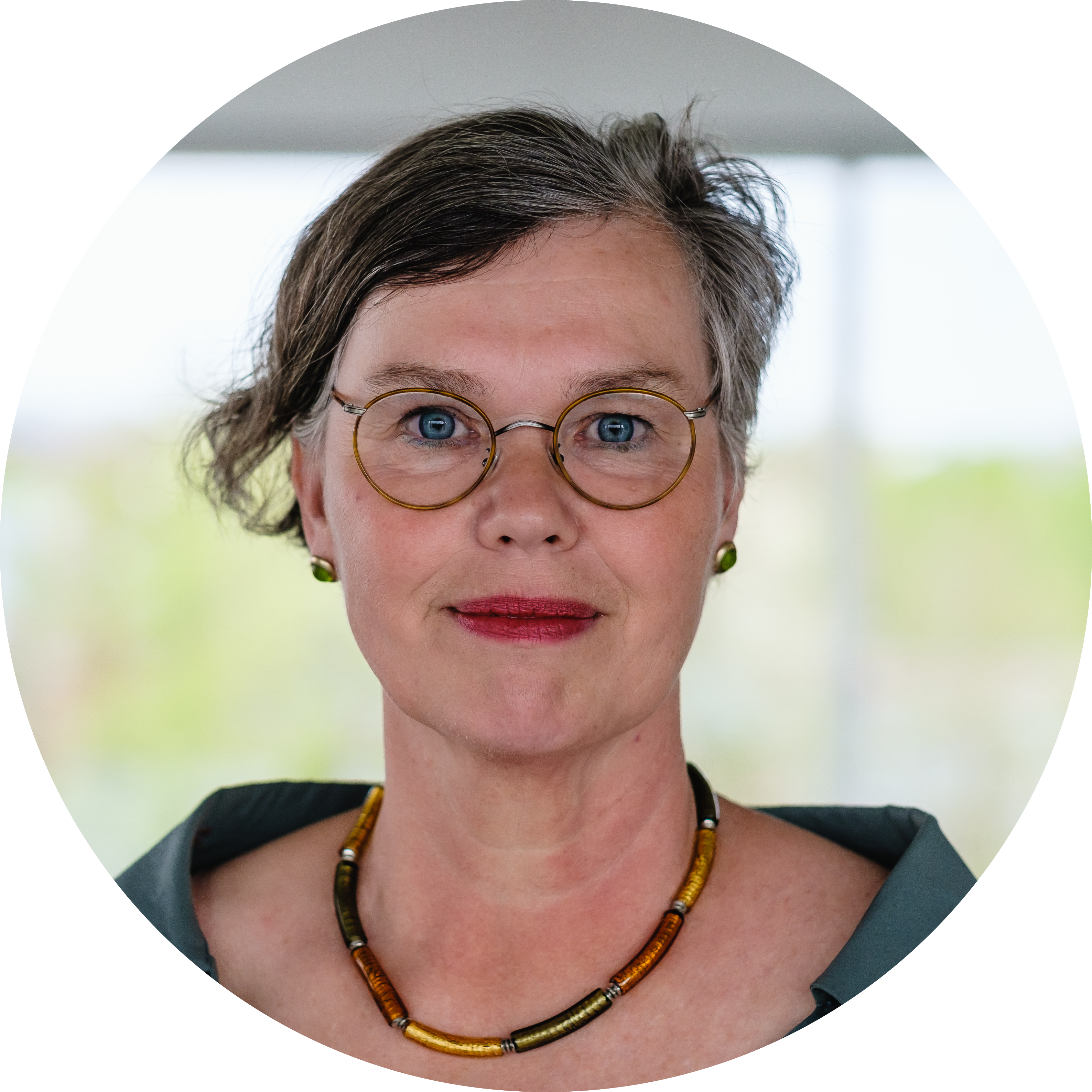
Prof. Dr. Erdmute Alber
Chair of Social Anthropology
Principal Investigator
University of Bayreuth

Dr. Carlos Kölbl
Chair of Psychology
University of Bayreuth

Dr. Issifou Abou Moumouni
Postdoc
Social Anthropology
University of Bayreuth/LASDEL
(Parakou/Benin)
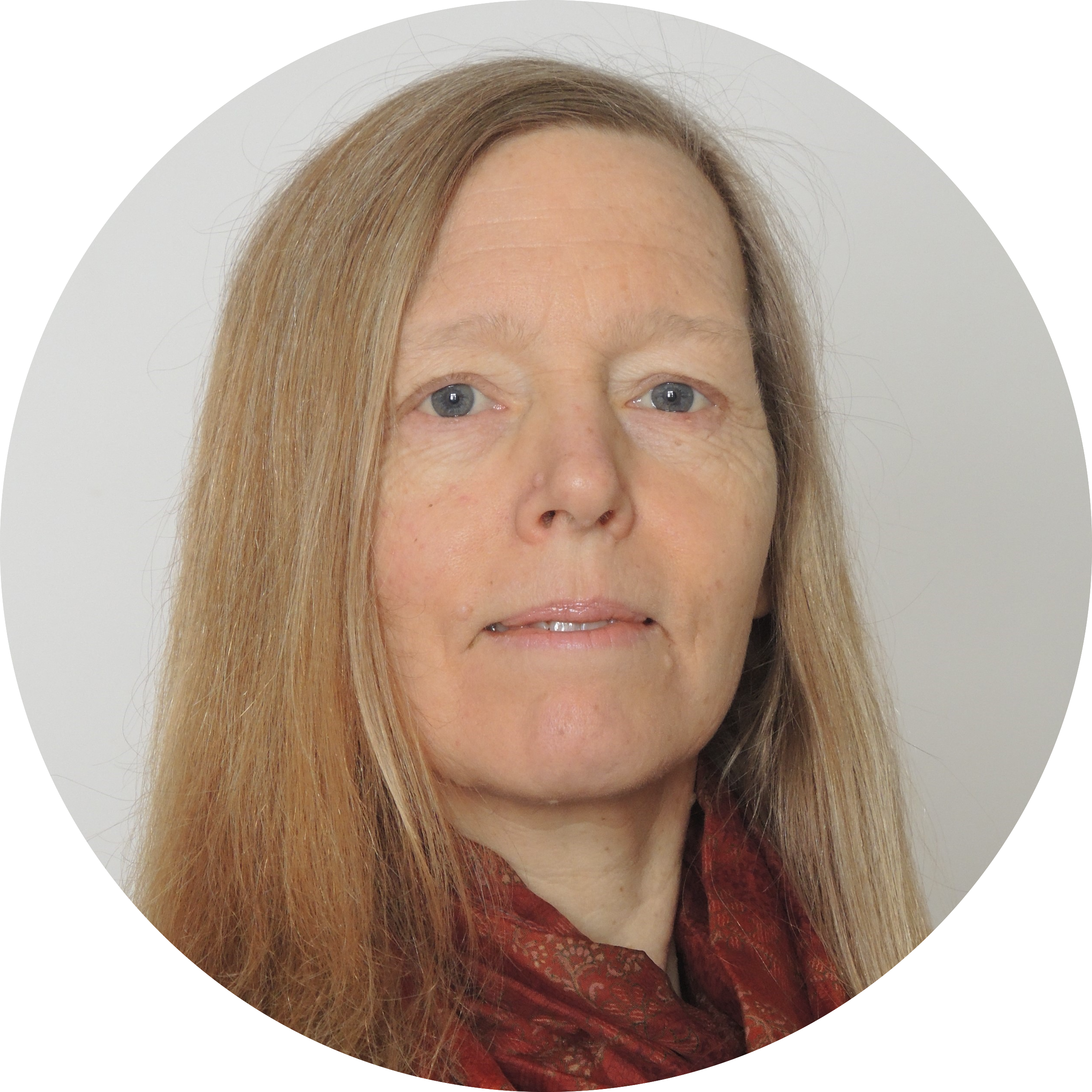
M.A Rebekka Krauss
Social Anthropology
University of Bayreuth
Further Links / Key References
- Alber, Erdmute and Carlos Kölbl (Eds.), 2023. Multiplicities of (Il)literacy. cultura & psyche. Journal of Cultural Psychology (in preparation).
- Bartlett, Lesley, López, Dina, Vasudevan, Lalitha & Warriner, Doris, 2011. The Anthropology of Literacy. In Bradley A. U. Levinson and Mica Pollock (Eds.), A Companion to the Anthropology of Education (pp. 154–176). Oxford: Blackwell.
- Brockmeier, Jens and David R.Olson (Eds.), 2014. Literacy, Narrative and Culture. London: Routledge.
- Olson, David R. and Nancy Torrance (Eds.), 2009. The Cambridge Handbook on Literacy. Cambridge: Cambridge University Press.
Researchers
Summary
Few ideas have travelled around the globe as successfully as the one that literacy (including the ability to use digital media) is a basic need, right and standard throughout the world. Today, people everywhere move through lifeworlds heavily shaped by written signs, even as new illiteracies constantly emerge, seemingly failing to achieve ‘development through education’.
Master narratives of illiteracy situate it as ‘historical’ or ‘traditional’, something that will become obsolete. In contrast, our project assumes that not having learnt to read and write at school can no longer be seen as ‘old’ or ‘other’. Instead, we see ‘new’ illiteracies as being related to and constantly produced by ongoing global processes that mainstream western-oriented literacy through schooling. The project aims to test this assumption by studying processes for coping with illiteracy in urban lifeworlds in two countries, Benin and Bolivia. We identify similarities and differences in our case studies, while acknowledging that both countries are influenced by the same global processes of mainstreaming literacy.
Each of our empirical investigations will follow 25 urban adults who have not learnt reading and writing at school through their respective lifeworlds of letters. Both case studies will use the same methods of intensive ethnographic fieldwork, thereby profiting from a transdisciplinary dialogue between social anthropology and cultural psychology. We aim to understand the multiple ways of non-school learning that help these actors interact with the expectations of a world of literacy. By detecting differences, similarities and perhaps also travelling ways of learning outside the classroom, we address the Cluster’s overarching questions around relationality, multiplicity and especially temporalities of learning. The two cases were chosen on the basis of our research competencies and because they are striking examples of the deficiencies of globalised literacy discourses and practices on two continents.
Duration
01.08.2019 – 31.07.2023


